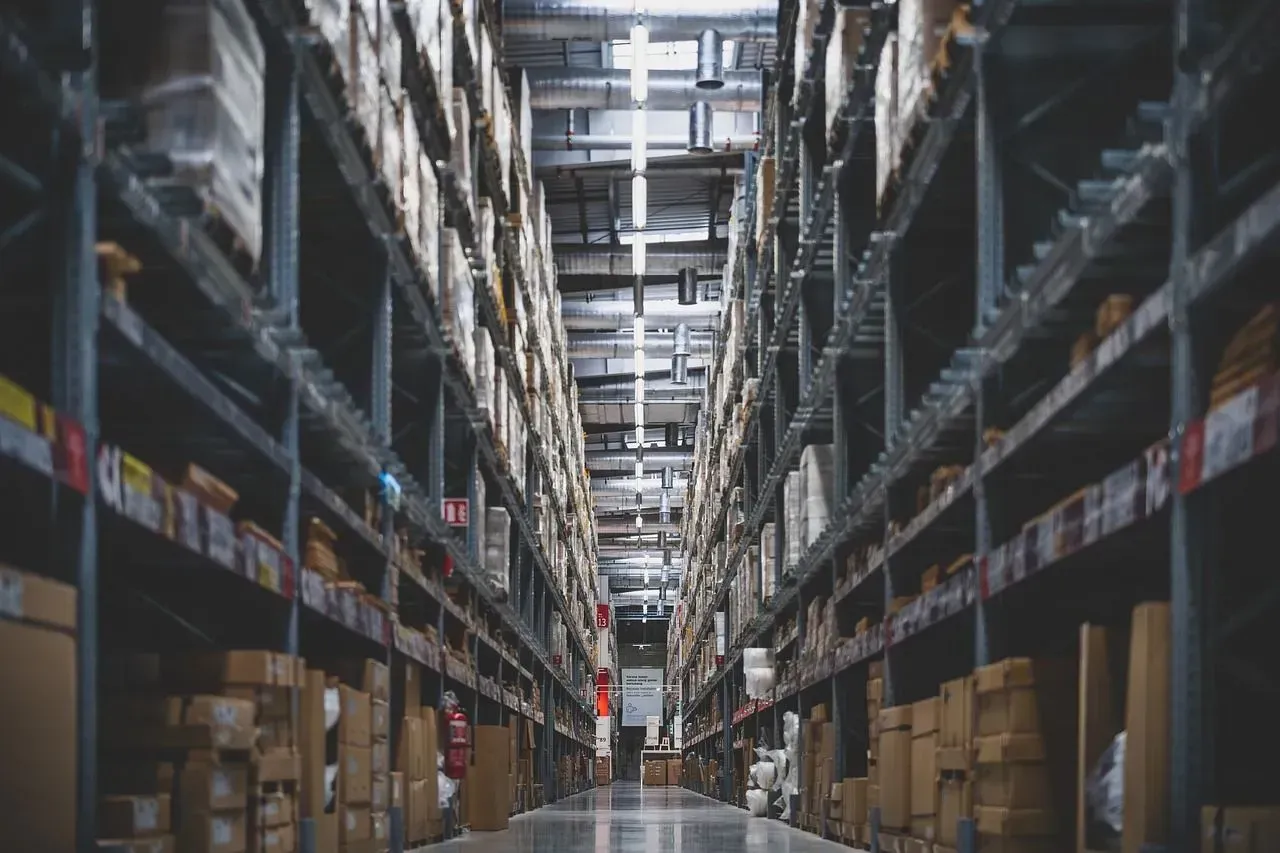Unleashing the Power of Artificial Intelligence in Logistics

The digital age has provided valuable tools that greatly profit businesses. Applying Artificial Intelligence strategically has the power to improve the talent and productivity of employees, allowing them to focus on tasks with greater added value. In contrast, repetitive and routine tasks are efficiently automated.
Artificial Intelligence in Logistics
Applying Artificial Intelligence in logistics represents a great step in the evolution of companies in the era of connectivity. The investment is usually strong initially, but it pays off, raising the profitability. An optimal process in logistics operations has a very positive influence on the following:
- Stock management. Using logistics software (ERP) in conjunction with warehouse automation, better use of space is achieved so that the products are arranged as they enter.
- Trend prediction. Through data management, Artificial Intelligence anticipates orders and adjusts stocks.
- Automation of orders. Robotics applied to warehouses speed up packaging preparation, with significant time savings.
- Route control. Managing the data makes designing faster and less congested routes possible while anticipating eventualities or traffic jams.
- Control the quality. Real-time monitoring allows for correcting any failure during the process and resolving any knots that cause delays.
- Human resource optimization. Artificial Intelligence in logistics is responsible for repetitive tasks, among other things, with which human capital is used in more complex tasks or that generate value.
- Environmental responsibility. The AI can take on tasks that result in better environmental care, such as turning on lights or equipment when required or according to the dynamics of daily work.
The outcome is a significant increase in profits.
What does it help to solve?
One of the primary obstacles for AI in logistics is to find solutions for the inefficiencies that may arise in the supply chain. In this sense, the improvement in processes brings undoubted advantages, among them:
- Better planning. Peaks and dips in demand are better anticipated and catered for. In this way, the inventory cost is better controlled, as well as better application of sales plans.
- Strengthens processes. There is a better adaptation to possible market fluctuations since inventories are better managed, avoiding the saturation of low-selling products in stores.
- Anticipation of events. Management has an anticipated and more accurate reaction to unforeseen circumstances.
The natural consequence is a better use of available resources.
AI Advantages
Optimizing supply chain operations with AI can provide significant benefits to a company. Let’s see some of them:
- The software makes better use of the analyzed data.
- Automated processes streamline operations.
- Warehousing errors are minimized with proper inventory management.
- Automated warehouses prevent accidents in operations by human resources.
- Predictive analytics reduce the impact of a possible contingency.
- There is a significant reduction in costs.
These are advantages that accelerate efficiency to the maximum.
Who uses Artificial Intelligence in logistics?
Artificial Intelligence's application in the logistic field generates interesting results in renowned companies worldwide. Large firms have increased their efficiency in operations and have seen their monetary value grow. A notable example is Amazon, with the use of robots named Kiva. They move around the warehouses, supporting reception personnel, classifying and transporting packages, and saving valuable time. On the other hand, food companies like Domino's have also begun to enjoy the benefits of AI. They have used an autonomous vehicle called the Nuro that has sped up order deliveries—the result: great customer satisfaction by receiving hot pizza at the right time. In turn, DHL, the world leader in couriers, uses AI to predict possible delays in air cargo. The different centers optimize deliveries in transit up to a week in advance. In this sense, proactivity is the key.
With AI on our side, the future will not be a challenge
AI and automation have a powerful impact on the profitability of logistics companies. At Looper, artificial intelligence (AI) is becoming a powerful and revolutionary tool. Its ability to analyze large volumes of data, automate processes and make decisions based on advanced algorithms has opened up new possibilities. It allows us to provide cutting-edge logistics services.





